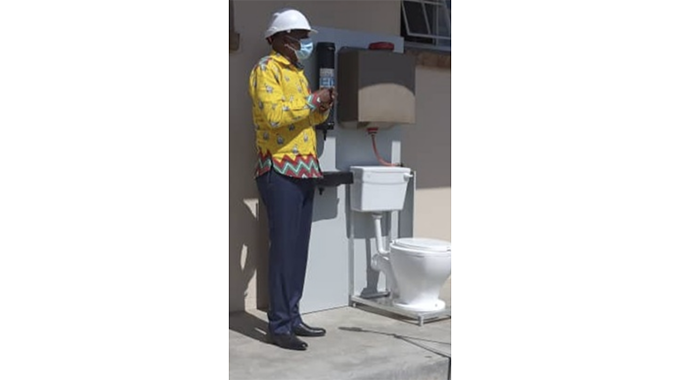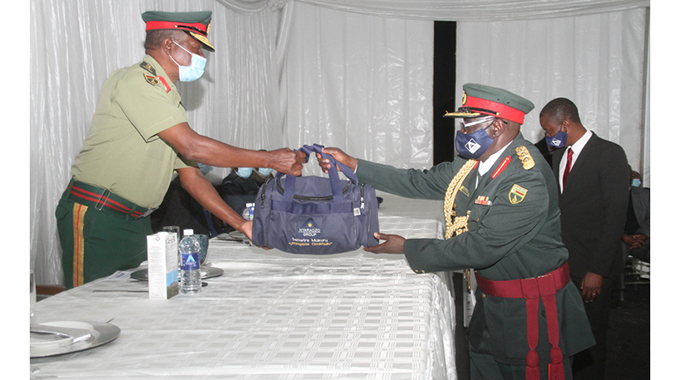Senators welcome new toilet system

Columbus Mabika-Herald Reporter
Pursuant to the aspirations of embracing technology towards disposal of human waste in communities that do not have proper sewage systems, Government has adopted the Eaziflush waste management system.
The technology was developed by an indigenous company, Santinton Consortium, and uses at least two litres of water per flush in comparison to the conventional system which uses seven to nine litres of potable water.
In a report titled, “The Rural Transformation Programme Focusing on Water and Waste Management”, presented to Senators in Parliament this week, National Housing and Social Amenities Minister Daniel Garwe said Government had launched a massive nationwide programme to replace pit latrine and Blair toilets with flushable ones that are in line with Vision 2030.
Rural schools and clinics are being upgraded pursuant to the development.
“Pursuant to the aspirations of Government and Vision 2030, there is a compelling need to embrace appropriate technology towards disposal of human waste in informal and dysfunctional settlements as well rural communities,” he said.
“Government has replaced the outdated pit latrines, Blair and open defecation with a new flushable model which is affordable and suitable for the rural system.
“Unlike the urban flush system which uses nine litres of water, the new system only requires two litres for flushing. The new flush system is also cost effective as it uses existing infrastructure, allaying the fears of possible demolitions of the toilets being used.”
Minister Garwe said the system was economical and viable in terms of water use and the overall cost of inquiring the infrastructure.
“In rural areas, where water is a challenge, the system is installed with a tank which can be filled manually from time to time,” he said.
The system comes with a wash hand basin and a fitted sanitiser cylinder, which makes it consistent with the present fight against Covid-19.
To date the system has been installed, tried and tested at Glenwood Primary School in Epworth as a pilot project.
It will be rolled out by his ministry in collaboration with the ministries of Primary and Secondary Education, Health and Child Care and Local Government and Public works.
Phase one of the roll out will focus on rural schools, community centres and clinics.
The Ministry of Industry and Commerce, through the National Quality Policy, will set up stock designs to be replicated countrywide.
Plans are at an advanced stage to foster production of the technology using universities and technical colleges.
Minister Garwe said the technology and its components will be distributed throughout the country from ordinary hardware stores.
Senators hailed the development, adding that it should be made compulsory to all urban settlements that do have running water.
“This is a noble state-of-the-art technology that can save our communities. I wish Government make this technology compulsory to all our urban communities that do not have running water,” said Senator Morgan Femai.











Comments